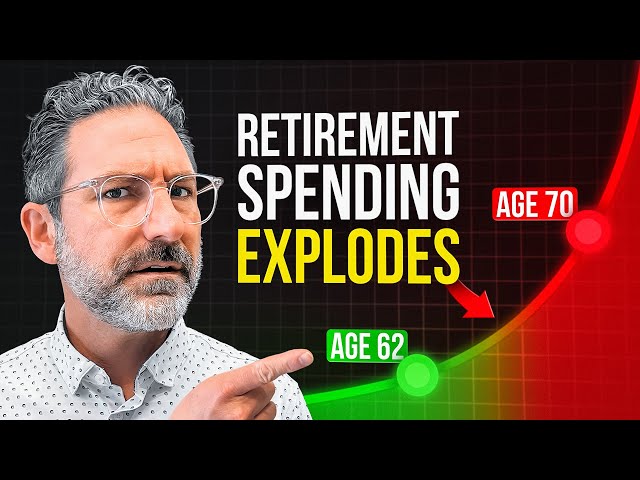According to Investopedia, retirement has four phases: pre-retirement, early retirement, middle retirement, and late retirement. Today we’ll talk about the pre-retirement years. Generally, these are considered to be the final 10 to 15 working years of your career – your early 50s to mid 60s.
One key change happens once you hit 50 and enter pre-retirement: the IRS permits you to start making “catch-up contributions” to your employer-sponsored retirement plan. In 2022, the maximum contribution you can make to your 401(k), 403(b), or 457 plan (which includes regular and catch-up contributions) is $27,000. If you’re over 50 and have an IRA, you can contribute up to $7,000 this year.
This is the time to start forming a concrete vision for your retirement (while maintaining some flexibility). Here are five considerations for pre-retirement to think about:
1. When would you like to retire? Is it possible to retire early? Or do you see yourself working until your late 60s or even beyond? Opinions differ on the best course of action. Some experts say that working to age 70 is best (because you will maximize your Social Security benefit). But others say that doing so isn’t realistic–or even possible, in some cases.
2. Where do you envision living after you retire? Do you plan on selling your home and downsizing, relocating across the country to be closer to kids or other family, spending half the year in a warmer climate, or do you think you’ll stay put? Having an idea of where you’d like to live in retirement will help inform your investment decisions now.
Click the button below to Get Your Free Retirement Assessment!

3. How is the overall state of your health? For most retirees, health care expenditures represent the largest line item on their budgets. If you require more medical care, you’ll need to make sure you can afford it. Also, if you plan to retire early, keep in mind that Medicare won’t kick in until you turn 65. So, you’ll need to have a plan in place for the gap in health care coverage.
4. Learn more about Social Security. Until they’re very close to retiring, many people really don’t understand exactly how Social Security works, what their benefit will be, or how to start receiving payments. One option is to make an appointment with your local Social Security office to get more familiar with it.
5. Work with a financial advisor. Even though there seems to be an unlimited amount of free information out there on the internet about retirement planning, the truth is that it’s all one-size-fits-all. Working with an advisor well before you retire is a great way to take advantage of all of their expertise. An advisor can also help you figure out what your retirement income goals are, and will work with you to achieve them.
If you’re a decade or so away from retiring, now is the time to start solidifying your plans. Click here to set up a no-cost, no-obligation meeting with an advisor who can help you figure out if you’re on track–and where there may be potential shortfalls.
__________________
Alli Thomas

Alli Thomas has worked in the financial services industry for nearly 20 years, with a focus on retirement-related investing. She began her career as a FINRA-licensed participant-services call-center associate at Vanguard, and then moved to Principal Financial Group, where she worked closely with employers, assisting with retirement plan set-up and design, selecting appropriate plan investment offerings, and maximizing employee participation through targeted education campaigns and enrollment meetings. Alli has also worked as a qualified 401(k)administrator and registered investment advisor for several small investment firms. She now writes about all things investment- and finance-related, leveraging her extensive experience and passion for retirement planning to help investors make well-informed financial decisions.








.jpg)




